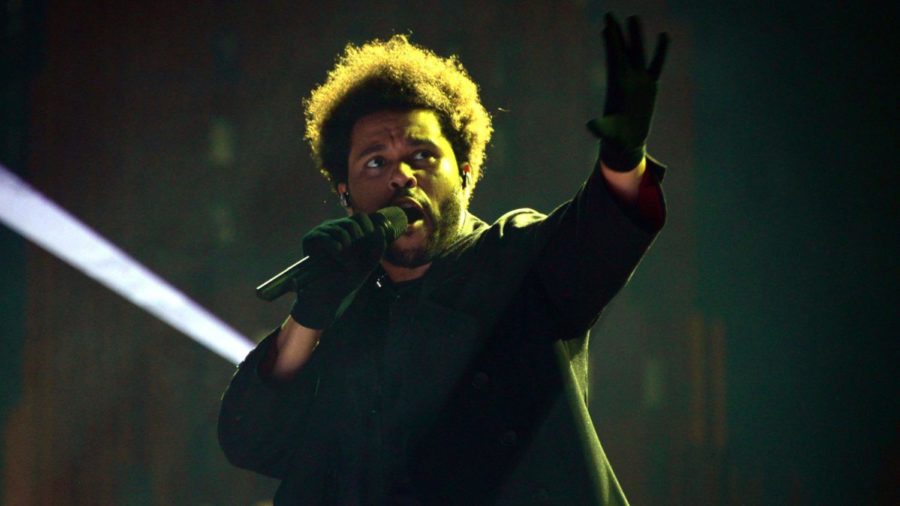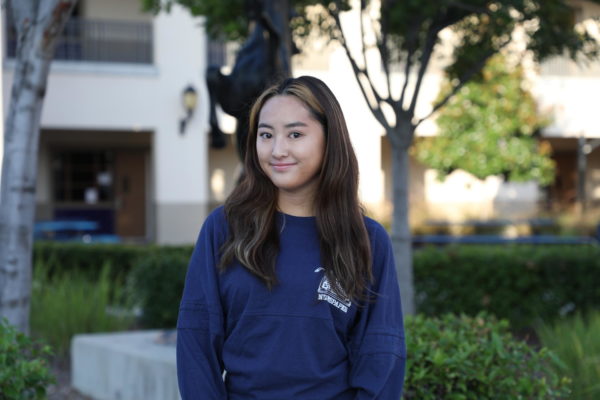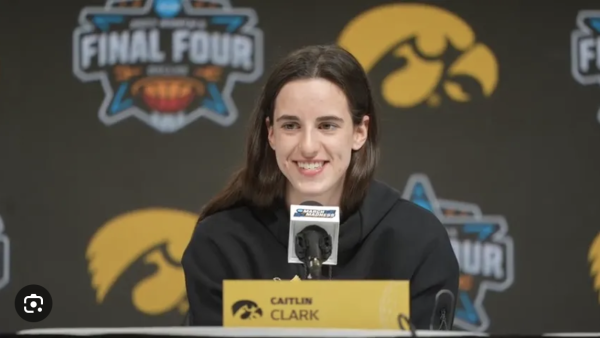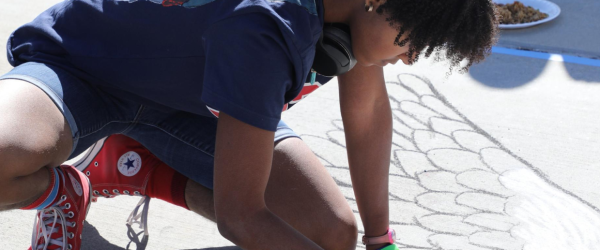The Weeknd Cancels Show At SoFi Stadium: When Must The Show Go On?
On September 3rd, The Weeknd unexpectedly cuts his show at SoFi Stadium short and refunds tickets after having vocal issues.
September 24, 2022
On September 3rd at SoFi Stadium, fans were heartbroken after Grammy-winning singer, The Weeknd, canceled his show after just three songs (deadline.com). As a performer, The Weeknd did one of the most unthinkable things one could do; he did not finish his show. The phrase “the show must go on” is a significant and well-known concept (or dare I say rule) among performers; no matter what challenges a performer faces on stage, it is a crucial part of the job to try to finish strong. The tough truth is that when a performer, such as The Weeknd, hits an obstacle doing the job, so many people are affected. However, in the case of most jobs, one employee making a mistake does not usually result in a stadium of disappointed fans. So what mercy are we, the audience, willing to show?
After having run off the stage halfway through the song “Can’t Feel My Face,” The Weeknd came back on stage with a short apology, saying that he had lost his voice and is “going to make sure everyone is good, you’ll get your money back” (deadline.com). While some performers can empathize with The Weeknd and might have had a similar experience, other performers have managed to push through. Coincidentally, on September 3rd (the very same night of The Weeknd’s performance), country singer Luke Combs had a concert in Bangor, Maine. Weirdly enough, Luke Combs also had vocal issues, leading him to refund all of the audience’s tickets. However, unlike The Weeknd, Luke Combs proceeded to finish his concert and “put on the best free show [he] could put on.” Despite the vocal challenges he had to face, Luke Combs decided that he was “gonna give [the audience] everything that [he] ha[d]” (billboard.com). Although not necessarily intentional, this is some serious shade on The Weeknd and makes his audience wonder if he could have taken more of a Luke Combs approach.
I had to go on and continue my performance. The only thing I could do was smile and pretend that it was all planned.
— Sam Davis (11)
As someone who has had her fair share of performing experience, Sam Davis (11), one of our very talented performers here at Yorba Linda High School, shares her “the show must go on” moment and advice she would give other fellow performers. While singing at the 2021-2022 Mustang Talent Show, Sam describes how “as I sang this very high note I had a feeling that it was not the right pitch and I did not execute it well. I felt as if everyone was staring at me weirdly [after that note].” However, although she was disappointed and discouraged, she knew that no matter how much she wanted a second shot at that note, “I had to go on and continue my performance. The only thing I could do was smile and pretend that it was all planned.” Sam believes that the best thing a performer can do in a challenging situation is to keep going and don’t overthink what has passed; “the audience might not even notice it.”
With everything said, the health of the performer is of course of the utmost importance. In fact, when singers are on tour, they may have to perform for consecutive days, which could be harmful to the voice. There are many things a singer can do to try to preserve their voice for a show, including limited talking when not performing, staying hydrated, and building endurance (musicindustryhowto.com). But even when extra measures are taken, not all unfortunate events can be prevented (no fault to the performer). So yes, of course, he should save his beautiful, angelic voice from any harm, but at what cost?
Most people were hoping it was just a joke, but when the lights came on, people began to leave and reality set in. I’m doubtful that anyone went home happy that night.
— Karina Hiranandani (11)
It is at the cost of the audience. Picture yourself as someone in the audience that night: excited for this experience you have been patiently (or maybe impatiently) waiting for, your heart pounding to the sound of the blasting music, and in awe of the blinding lights (the real ones will get it) flashing across the stadium. If your night out was cut short and only lasted three songs, how would you feel? Well, there’s no need to wonder how the audience felt because Karina Hiranandani (11) was there to witness the audience’s reaction firsthand. Karina describes the shock she felt when The Weeknd delivered the news and how “everyone was clearly disappointed and frustrated. Most people were hoping it was just a joke, but when the lights came on, people began to leave and reality set in. I’m doubtful that anyone went home happy that night.”
Although a refund is a start, how will time be refunded or travel expenses (wasting gas at these rates is not taken lightly)? When making a decision that will affect thousands and coming up with a solution, the performer needs to consider who is in the audience and what they have sacrificed. People from all over went to see The Weeknd in concert, whether that meant hours on the road or even paying for airfare. How is a ticket refund going to suffice for and repay the hours and money that the audience spent? Surely, any anger from the audience is understandable.
Thus, each logical route you can use to analyze the situation has its own validity, and whether or not The Weeknd made the “right” decision will remain open to interpretation. It might just become one of the world’s greatest controversies. Here is where we reach the end of the article, or as The Weeknd would say it, we are “Out of Time” and “I Feel it Coming” to a close.





















